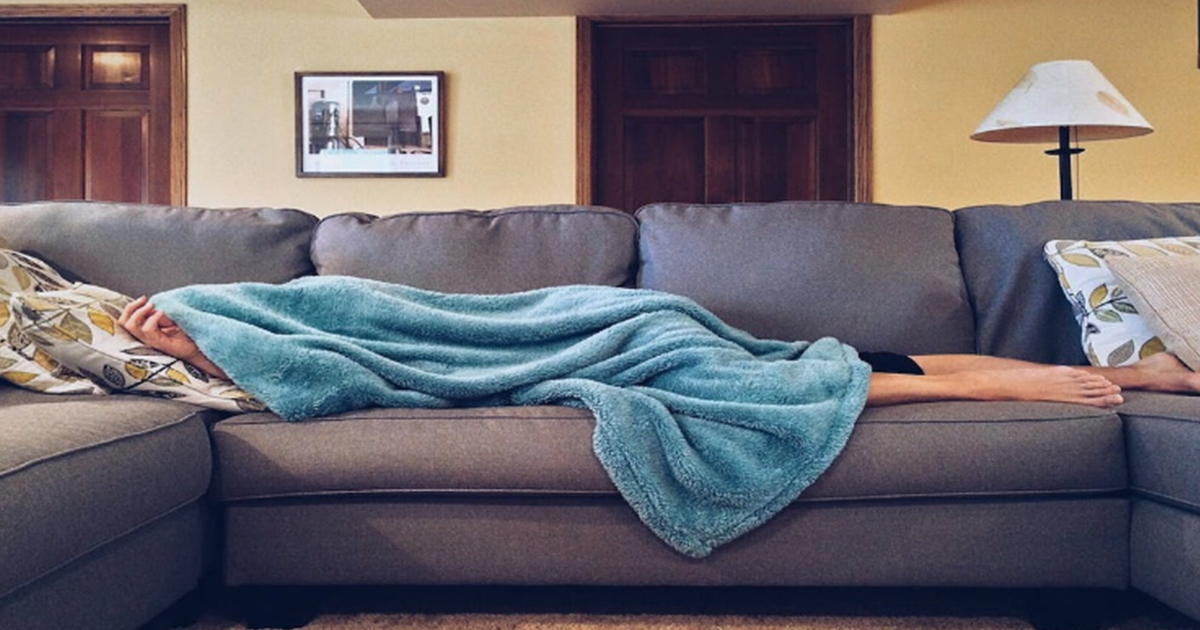The term ‘sleep walking’ is a term that is often used figuratively and casually to describe someone feeling a lack of energy or sleep. Surprisingly, sleepwalking is a very real condition that has consequences. Can you be too tired to sleep? Does sleepwalking occur when you are sleepwalking? Do you have restless sleep during the night?
Sleepwalking is a behavior disorder that has originated during deep sleep and then results in walking or performing complex behaviors or tasks while mostly asleep. It is more common to be found in children than adults and is more likely to occur if there is a family history of the sleep condition, the individual is sleep deprived, or has repeated nighttime awakenings.
Is Sleepwalking a Sleep Disorder?
Yes, sleepwalking is a type of sleep disorder that is known as parasomnia. Parasomnia can be defined as abnormal behavior during sleep. Parasomnias are on the border between sleep and wakefulness, which is why what occurs during the episodes is considered abnormal.
Sleepwalking happens to individuals during the non-REM sleep, usually occurring in the third stage of the sleep cycle, often known as deep sleep.
Are There Symptoms of Sleepwalking?
There are symptoms of sleepwalking and it can involve various types of complex or simple actions that the individuals do while still asleep. During an episode, the individual may have a blank expression on their face and can be minimally responsive or incoherent. Despite its name, sleepwalking is not limited to just walking. It comes with various other types of actions.
There is a key symptom of sleepwalking that it is known that the individual never has any sort of recollection of the episode when they wake up.
Is Sleepwalking Common?
It is more common for sleepwalking to occur in children than adults. The peak age for children to experience sleepwalking is between 10 to 13 years old. The estimated percent of adults to be diagnosed with a sleepwalking disorder is up to 4%.
It is difficult to diagnose sleepwalking in individuals since most are not able to recall the episodes that have happened in the past.
What Are the Causes of Sleepwalking?
Sleep doctors believe that sleepwalking happens when a person is in a deep sleep and gets partially awoken in a way that triggers physical activity while remaining mostly in a sleeping state. There can be many different factors that influence how often sleepwalking occurs and why it can occur:
- Genetics and family history: There has been a clear pattern between certain people who are genetically predisposed to sleepwalking and other NREM parasomnias
- Sleep Deprivation: Lack of sleep has been found to be correlated with an elevated risk of sleepwalking
- Medications: Some medications with a sedative effect may push people into sleepwalking
Make an appointment today with Jacksonville Sleep Center to learn about sleepwalking and to see if that is the right diagnosis for you!






